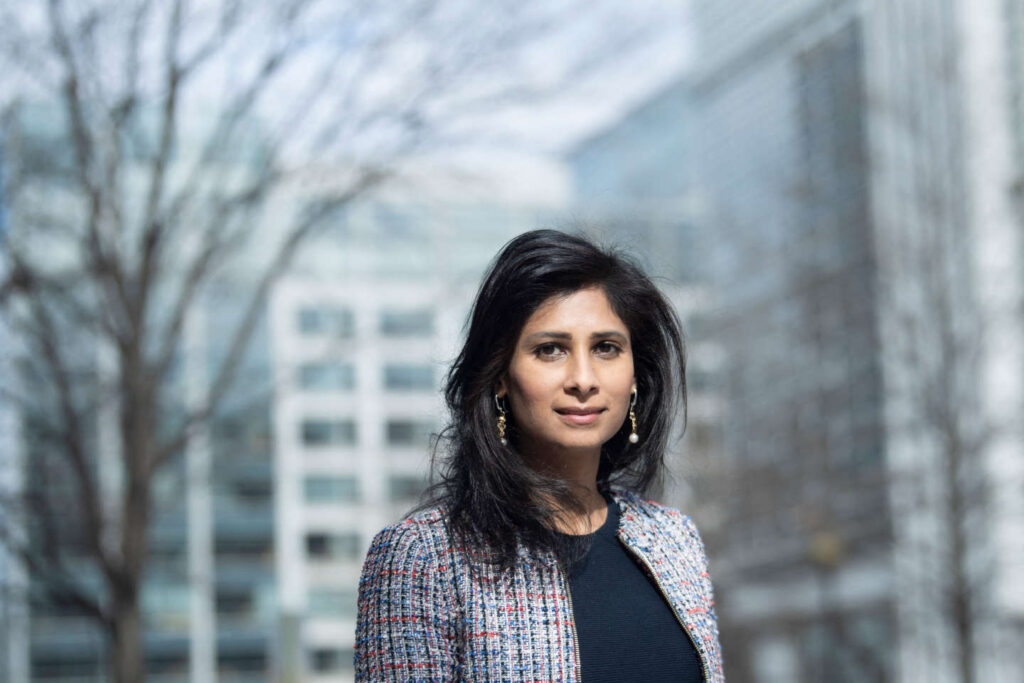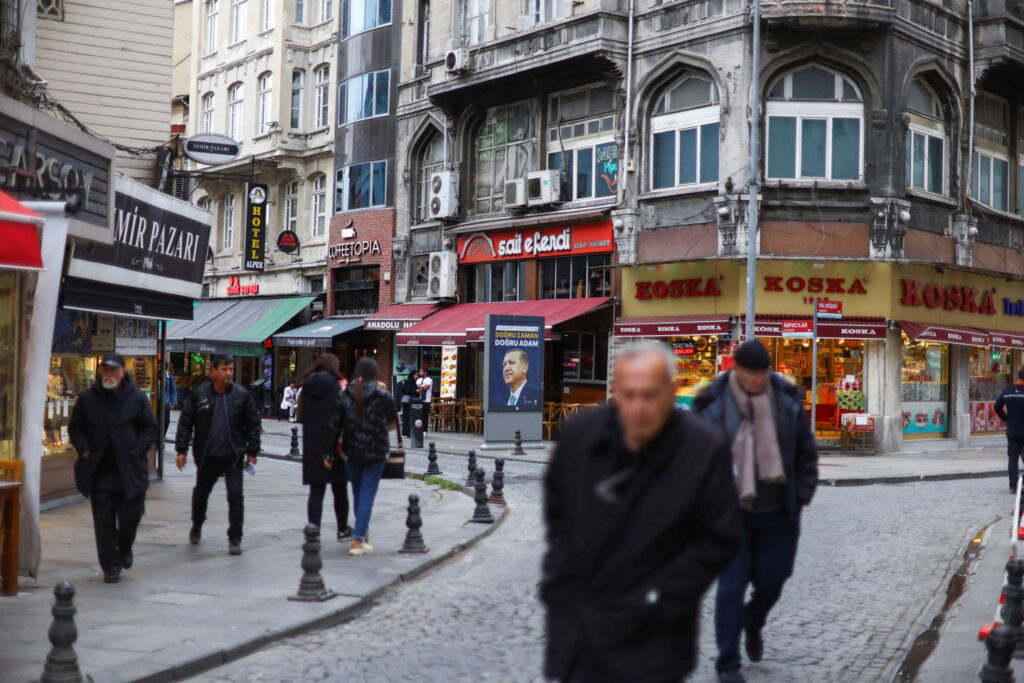IIs the international community capable of changing the paradigm to financially overcome two existential challenges: poverty and global warming? Emmanuel Macron, by bringing together around fifty Heads of State and Government in Paris on June 22 and 23, wants to provide the beginning of a response by trying to define the outlines of a new global financial pact.
The current system, as it was designed in Bretton Woods, New Hampshire, in July 1944, almost eighty years ago, is obsolete. The objective was to set up a world monetary organization and to support the reconstruction and the development after the second world war. Since then, the balance of power and the priorities have changed profoundly. The fight against poverty and underdevelopment combined with that against vulnerability to climate change requires the construction of a new North-South cooperation framework capable of responding simultaneously to both challenges.
This new situation is all the more necessary as the situation of the poorest countries worsens. Added to the climate crisis are the consequences of the Covid-19 pandemic and those of the war in Ukraine. Strangled by debt, dozens of countries are unable to invest to get out of poverty and fight against climate change. Powerless spectators of crises for which they are not responsible, these countries are the first victims and have the feeling of being abandoned to their fate. The anger and frustration are more and more palpable.
The tools available to the international community to meet their needs are inadequate. The governance of multilateral institutions does not sufficiently reflect the new global balances. Above all, the financial levers are no longer at all up to the challenges. To deal simultaneously with the fight against poverty and global warming, the unit of account is no longer the hundred but the thousand billion dollars.
Brakes to the “financial shock”
The primary purpose of this summit is to trigger a dynamic of reforms that must be supported and relayed by the G20, the COP28 and the major international institutions. The World Bank and the International Monetary Fund must therefore take more risks in their financing programs, while encouraging, through guarantee systems, private actors to invest more in poor countries. The idea of international taxation to respond to issues that are global must also gain ground.
There are many obstacles to the “financial shock” that this summit calls for. The current geopolitical tensions will necessarily slow down the redistribution of the cards which must take place. The resurgence of protectionism also constitutes an obstacle to common approaches. The dynamics of the Paris summit should not only go beyond special interests, it will have to be long-term by setting quantified milestones and regular evaluations of achievements. Development aid has too often suffered from broken promises and commitments.
It’s not about doing charity or giving yourself a good conscience. Some climate projects in poor countries can have a spectacular leverage effect to achieve the objectives of the Paris agreement. Without an awareness of the need for global solidarity in the interest of all, the international community is set to fail both on poverty and on the climate.



